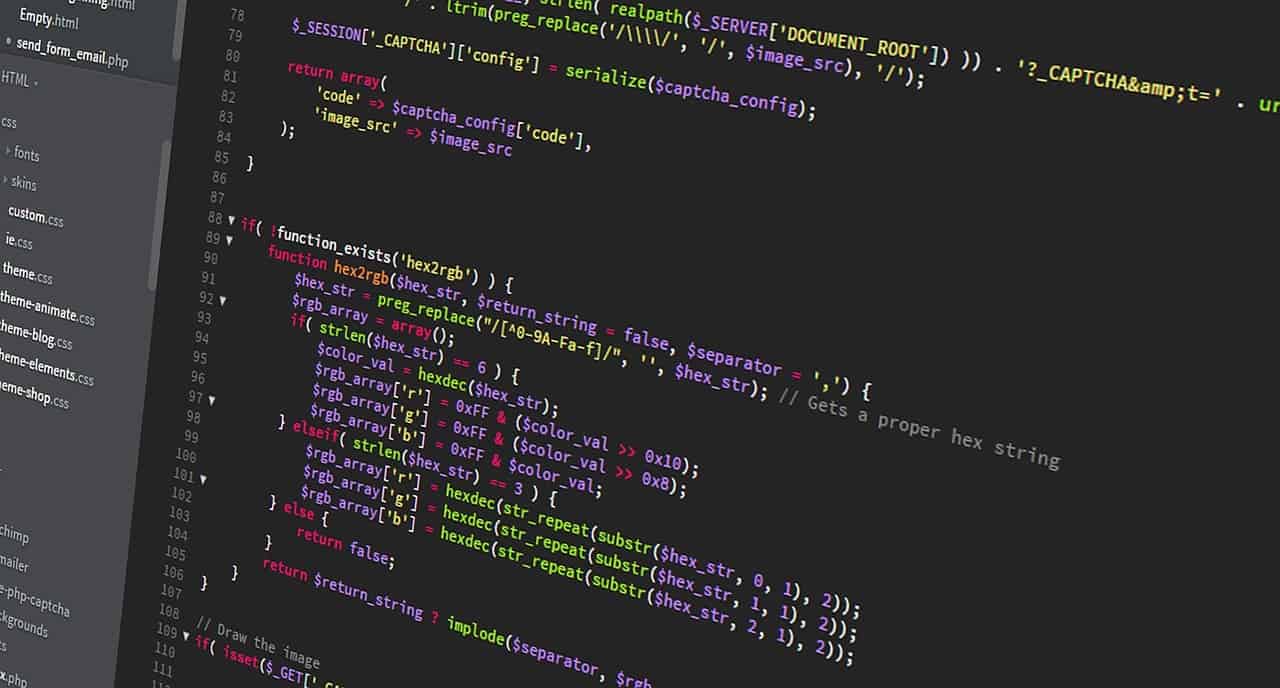Table of Contents
*This post may contain affiliate links. As an Amazon Associate we earn from qualifying purchases.
For over a decade, Hypertext Preprocessor (PHP) has led the web programming industry as the scripting language of choice for server-side application development. PHP has experienced amazing growth in popularity for web application development, as well as for general-purpose programming.
As a result, many frameworks have taken shape that enable developers to create and deploy high-quality, complex web applications with enhanced security and more features, in less time.
What Is a PHP Framework?
A PHP framework is a development architecture that includes components such as reusable code, standard methodologies, and security policies that eliminate the need for developers to create such functionality from the ground up.
By utilizing a PHP framework for your application development, you can create more robust and secure web applications better and faster.
As a developer, one of your main challenges is to determine which of the available PHP frameworks is best for your development activities. Selecting from one of the frameworks covered below will ensure that you?re choosing from one of the top 12 best PHP frameworks of 2018.
?Top 12 Best PHP Framework
- Laravel
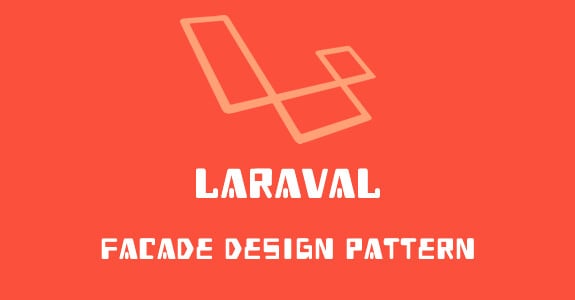
Image via flickr
Laravel comes to the top of the list as the leader in PHP frameworks in 2018. Creating web applications that incorporate simple, easy-to-read code makes development faster, easier, and more reliable. Laravel includes tools that make development and distribution of applications more reliable and streamlines development:
- Homestead ? Homestead is the focal point of Laravel, allowing you or your development team to collaborate on development efforts using PHP, MySQL, Postgres, and more.
- Laravel offers ?Laracasts? to share video tips that are added on a regular Easy download and setup ? minimal configuration
- Do you need to create eCommerce functionality? Laravel Cashier provides ready-to-use functions for billing including subscription billing and cancellation, and PDF-format invoices.
- Laravel Nova gives you an administrative console to manage your Laravel development environment.
- Symfony
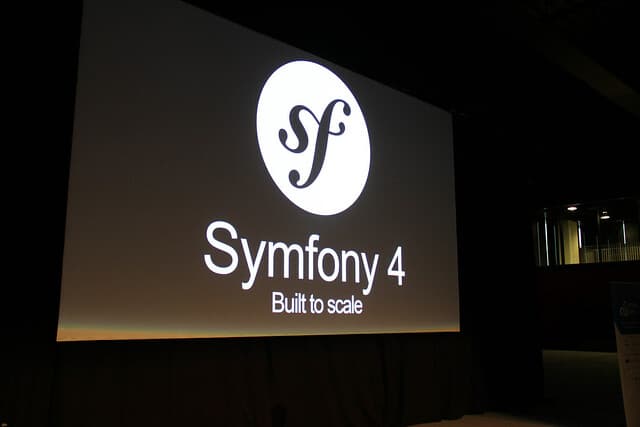
Image via flickr
Developers experienced with Symfony expound on the framework?s contribution in developing high-performing, stable applications that are modular in construction and easy to read.
This framework includes 50 components that can be included in your own web applications, eliminating a great deal of repetitive coding and debugging tasks.
Symfony also includes tutorials and hundreds of well-documented features that are open-source and free.
- Zend?
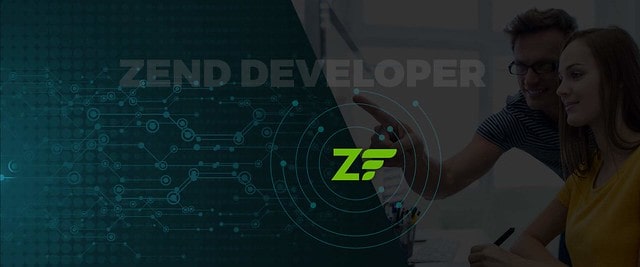
Image via flickr
Zend Server PHP framework has been used most commonly by businesses and development teams to created robust, secure web applications with PHP. Complex projects can be managed efficiently with drag-and-drop simplicity for editing code and copying existing applications to build new functionality.
Zend builds high-performance applications that are generated with key considerations in mind:
- Open architecture based on PHP-FIG standard practices
- Secure applications storing passwords with AES-256 encryption
- Ready for business-critical, enterprise-level applications
- FuelPHP
![]()
Image via commonswikimedia
FuelPHP provides a PHP framework that has actually enhanced the Model View Controller (MVC) pattern with their own version ? HMVC (H for hierarchical). HMVC adds presentation models to give you the capability to generate a layer between the view and the controller.
FuelPHP offers forums for developers, and solicits notifications of bugs that users may uncover, as well as suggestions for enhancements and new features. The FuelPHP framework creates applications that are:
- Modular ? very efficient for reusing code
- Secure ? enhanced by input filtering, XSS filtering, SQL injection prevention, and more
- Well-documented and easy to read
- Phalcon

Image via commons.wikimedia
Phalcon uses the MVC architecture and provides a full-stack framework built as a C-extension. This provides creation of applications that empower the performance of C and C++. Built-in security features provide confidence in applications built with Phalcon.
Phalcon applications are compiled to a specific platform, rather than interpreted, resulting in higher performance and lower memory usage and less demand on CPUs. The framework is easy for developers to get up-to-speed in, with loads of documentation available.
- CakePHP

Image via commons.wikimedia
CakePHP is a framework well-suited for commercial web apps. This is one of the most enduring frameworks, with over a decade of experience in the market. CakePHP is recognized for its security, performance, and reliability attributes.
CakePHP includes a rich set of features:
- SQL injection prevention
- Form validation
- Cross-site scripting prevention
- Great documentation
- PHPixie
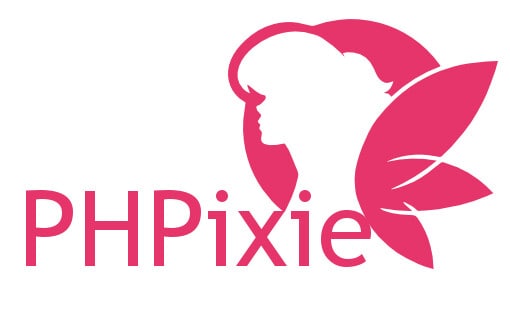
Image via flickr
PHPixie is newer on the market, becoming available in 2012, and was built to generate high-performance applications intended for read-only websites. PHPixie utilizes components that can actually be used independently of the framework.
PHPixie features include:
- Easy to use
- Easy to get started ? in as little as 30 minutes
- Code that can be bundled, shared, and reused
- Plentiful and clear documentation
- Good support ? including chat
- Slim
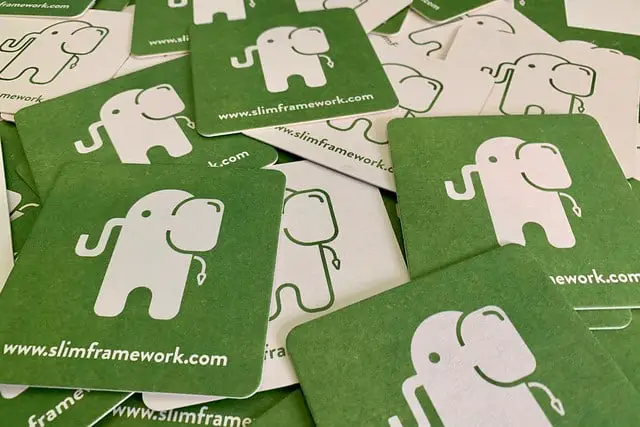
Image via flickr
Slim is just what its name would suggest ? a minimal, micro-sized framework created with power yet simplicity as the design. Developers using the Slim framework can create and deploy smaller web applications quickly and easily, where a full-stack framework is not really warranted.
You can utilize this framework to create simple web services or RESTful APIs. Even with its minimal focus, Slim still offers a rich set of features:
- URL routing
- Cookie and session encryption
- Client-side HTTP caching
- Yii

Image via flickr
Yii framework has been around for some time, having brought out its first alpha release in 2006. The framework has been steadily enhanced with development and performance features that speed development time and the framework builds high-performance web applications.
Yii is Chinese meaning ?simple and evolutionary? and the framework lives up to its name with a robust set of features:
- Role-based access and authentication contro
- Caching
- Scaffolding
- Testing features
- Totally object-oriented
- CodeIgniter
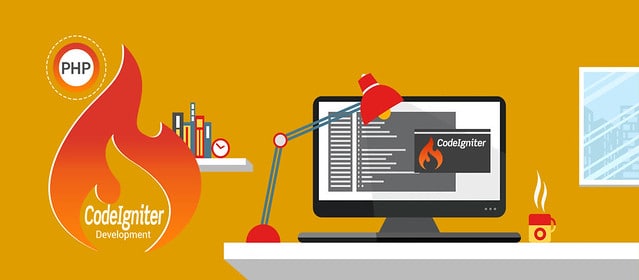
Image via flickr
For a lightweight framework with a set of features that speeds development without all the non-essential functionality provided by more complex frameworks, CodeIgniter may be just the thing for your web development activities.
With minimal configuration and a small footprint, CodeIgniter provides all the features you need to build full-featured web applications. Framework features:
- Exceptional performance
- Strong security with protection from XSS and CSRF attacks
- Easy download and setup ? minimal configuration
- Plentiful and clear documentation
- Aura

Image via unsplash
Aura provides a full set of libraries that are decoupled and ready for use in basic web applications. Developers can utilize as many or as few components as needed for building high-performance web applications.
Each library is self-contained with no dependencies on other libraries, providing flexibility for development. To make things even easier for you, each library is well-written, conforms to coding standards, and includes documentation.
?What is the Best PHP Framework for You?
To be sure, naming the best PHP framework is a very subjective exercise. Selecting from the above list will largely be determined by your intended use of the framework:
Are you simply going to build your own web applications, or are you developing for a business?
Do you have experience with PHP development, or are you just starting out?
- Some of the best PHP frameworks pride themselves on being easy to learn and quick to become proficient with.
- If you have a degree of experience under your belt, a more robust solution will be a better fit for you.
What will your applications do?
- Do you need functionality such as eCommerce capabilities or multi-lingual web pages? If so, check the framework?s available functions or plug-ins for packages that meet those needs.
- Database support will also be important for your applications. Off-the-shelf support for the database models you will use is an important criteria in selecting your framework.
Do you need the best performance available?
- There is indeed a difference in application performance built with different frameworks. Take note of performance guidelines or benchmarks provided both by the framework provider and independent reviewers.
- If performance is not a primary concern, you will find each of the frameworks on this list to provide quite satisfactory results.
?Best PHP Framework Overall
You will find Laravel to be the most popular full-featured PHP framework in use by developers today, with Phalcon close on its heels, and gaining ground in popularity. When making your own choice be certain to consider:
- Ease of use
- Quality of support and documentation
- Learning curve required to become at least moderately proficient
- Framework?s forums or community of developers for ideas and problem-solving
Keywords: Top 12 best PHP frameworks of 2018, best PHP frameworks

